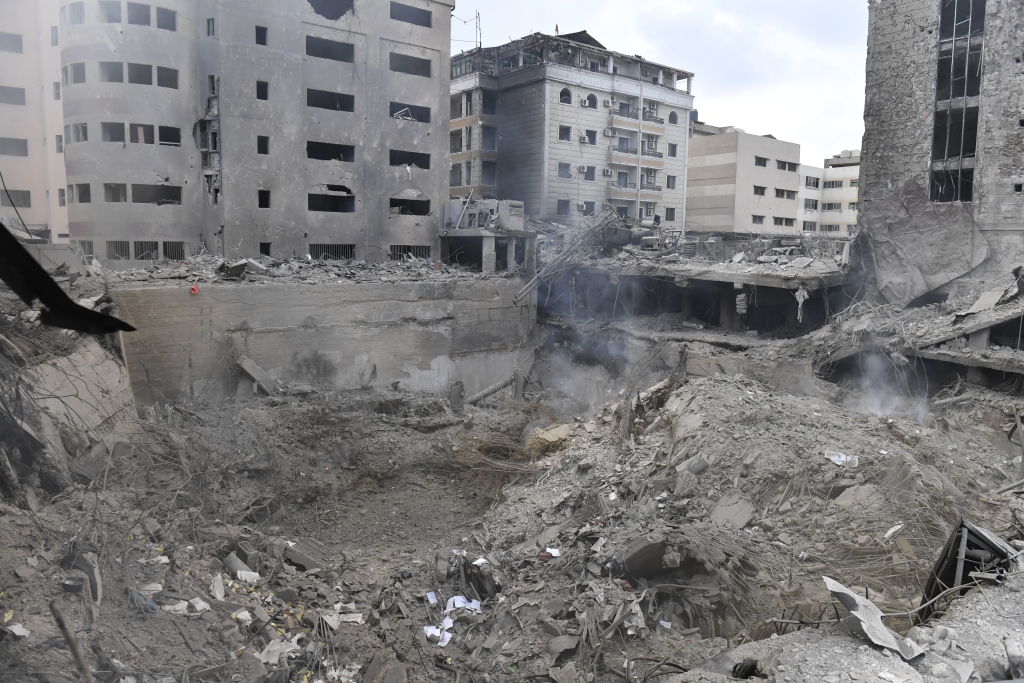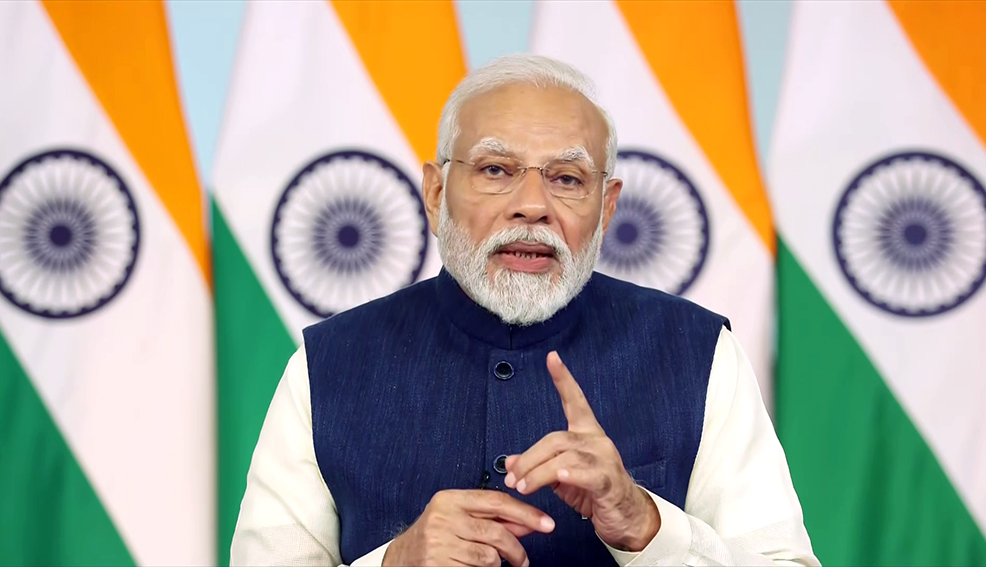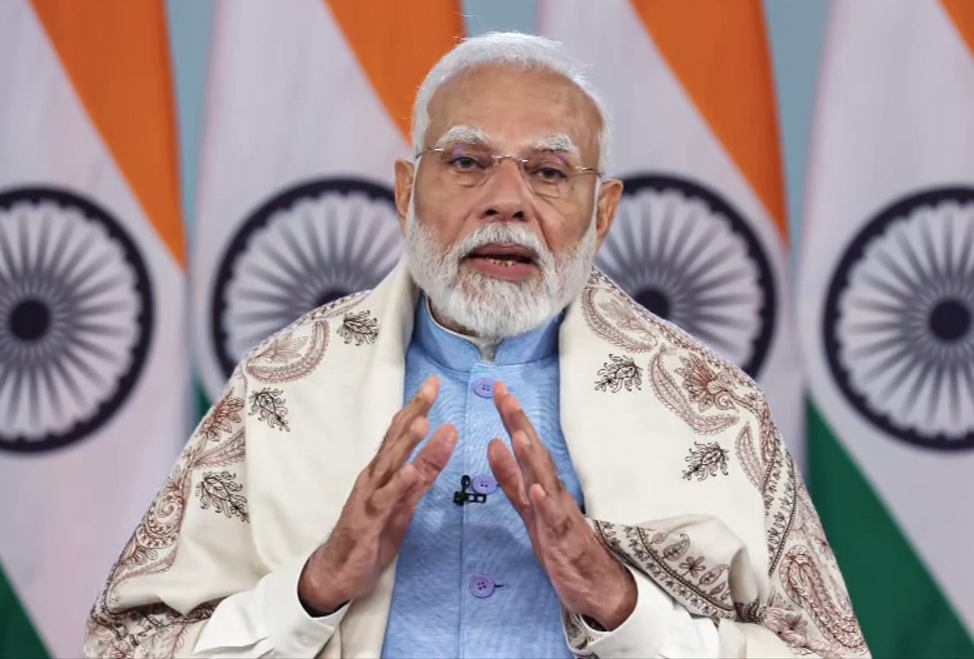Hezbollah militants targeted Israeli soldiers near the Lebanese border village of Labbouneh with artillery shells and rockets on Wednesday, the group said in a statement, a day after Israel said it had killed two successors to Hezbollah’s slain leader.
The group, which has been launching rockets against Israel for a year in parallel with the Gaza war and is now fighting it in ground clashes, said it had pushed the troops back.
The Israeli military said three of its troops were severely injured on Tuesday and Wednesday during combat in southern Lebanon. Sirens sounded in northern Israel on Wednesday morning, while Israel renewed bombing of Beirut’s southern suburbs overnight.
The conflict in Lebanon has escalated dramatically in recent weeks as Israel carried out a string of assassinations of top Hezbollah leaders and launched ground operations into southern Lebanon that expanded further this week.
The bombardment has left more than 2,100 people dead in Lebanon, most of them in the last two weeks, and displaced roughly 1.2 million across the country.
Israeli Prime Minister Benjamin Netanyahu said on Tuesday Israeli airstrikes had killed two successors to Hezbollah’s slain leader Sayyed Hassan Nasrallah, killed in an Israeli air attack on Beirut’s southern suburbs on Sept. 27.
Netanyahu did not name them, but Israeli Defence Minister Yoav Gallant said Hashem Safieddine, the man expected to succeed Nasrallah, had probably been “eliminated”. It was not clear whom Netanyahu meant by the second replacement.
Later, Israeli military spokesman Daniel Hagari said Israel knew Safieddine was in Hezbollah’s intelligence headquarters when fighter jets bombed it last week and Safieddine’s status was “being checked and when we know, we will inform the public.”
Safieddine has not been heard from since that strike.
Hezbollah’s deputy leader Naim Qassem said on Tuesday the group’s capabilities were intact despite the “painful blows” inflicted by Israel’s mounting military pressure.
Qassem said the group endorsed efforts by Lebanon’s speaker of parliament to secure a ceasefire, and conspicuously left out an oft-repeated condition of the group – that a Gaza ceasefire would have to be reached before Hezbollah put down its arms.
U.S. State Department spokesperson Matthew Miller told a briefing in Washington that Hezbollah had “changed their tune and want a ceasefire” because the group is “on the back foot and is getting battered” on the battlefield.
(Reuters)




















